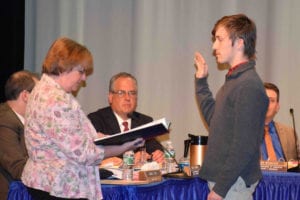By Kevin Redding
Smithtown school administrators have unveiled their first draft of the 2018-19 budget, which calls for a larger increase than prior years.
Smithtown Central School District presented its preliminary 2018-19 budget of $244,526,399 at their Feb. 6 board of education meeting. The district’s projected budget is about 2.16 percent higher than the current school year, which was adopted at $239,567,205. Administrators anticipate asking taxpayers for $5.52 million more this May.
The increase in preliminary 2018-19 budget comes mostly a $3.4 million increase in district employee salaries due to state-mandated contractual obligations to contribute to the New York State Teachers’ Retirement System and Education Resource Strategies, and a 3 percent increase in health premiums, anticipated to cost $700,000.
School officials also propose to cut five elementary classes due to declining enrollment across the district. Superintendent James Grossane said the district currently has 661 fifth-grade students but has seen a decrease in the number of incoming students in recent years. While Grossane said he
anticipates kindergarten enrollment to be close to 500 again this year, similar to last.
Budget highlights
Preliminary 2018-19 budget debuts at $245M, a 2.16 percent increase
Officials suggest cutting 5 elementary classes, decreasing max class size
March 13, 7 p.m.: Presentation on district’s proposed instructional budget
The district’s declining enrollment allows school administrators to contemplate shrinking maximum number of students in each class. Last year, in the 2016-17 school year, the limits were set at: 25 students per kindergarten class, 26 students per class in grades 1 to 3, and 28 students per class in grades 4 to 5, according to Grossane. Under the proposed 2018-19 budget, school administrators are suggesting reducing the number to 25 students per class through fifth grade.
“This is the second year in a row of reducing class sizes in our elementary schools,” the superintendent said.
Unfortunately, the district expects to receive approximately $45.7 million total in state aid, roughly $1.5 million less than last year as the plans of New York Gov. Andrew Cuomo (D) call for increased funding to “high-need” districts.
The district plans to reduce its assigned fund balance, which has been increased by $1.5 million in order to balance the 2018-19 budget and increase its year end fund balance to “build up reserves.”
“The district is currently in the preliminary stages of budget development for the 2018-19 school year, with an anticipated adoption date of April 10,” Grossane said in an emailed statement. “As we do every year, the board and administration are working collaboratively to develop and present a budget to the community that is clear, transparent and fiscally efficient while preserving or increasing opportunities for our students.”
The school district’s next budget workshop will be held March 13, at 7 p.m. to discuss the instructional budget for the elementary and secondary schools. The superintendent’s final proposed budget will be presented March 20 for adoption by the board of education.
The district’s preliminary 2018-19 budget of a 2.16 percent increase falls within the state tax cap and, as such, will only require approval by the simple majority of voters.
“The district will likely go to the voters right at or slightly below the cap,” Grossane said.
The budget vote will be held May15.

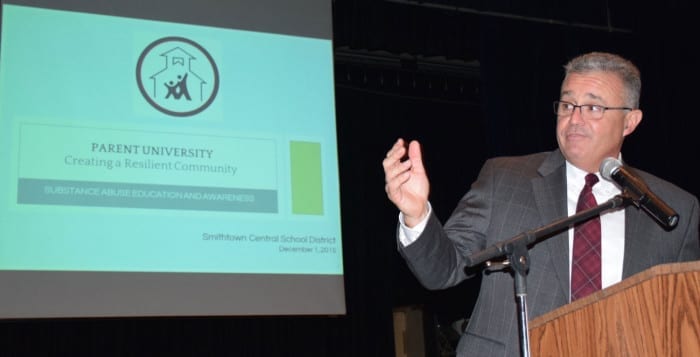
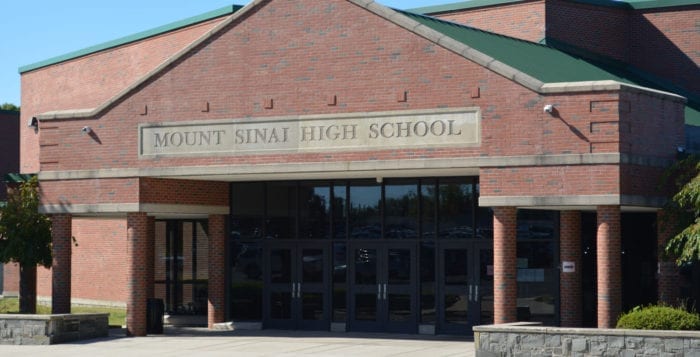

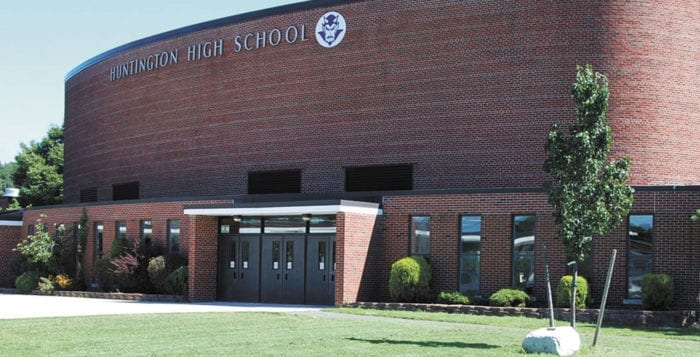
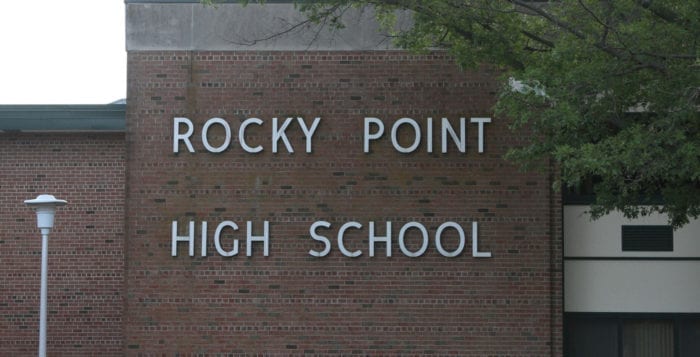
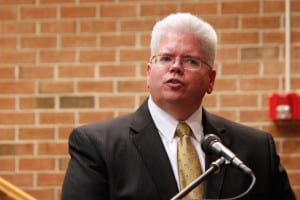
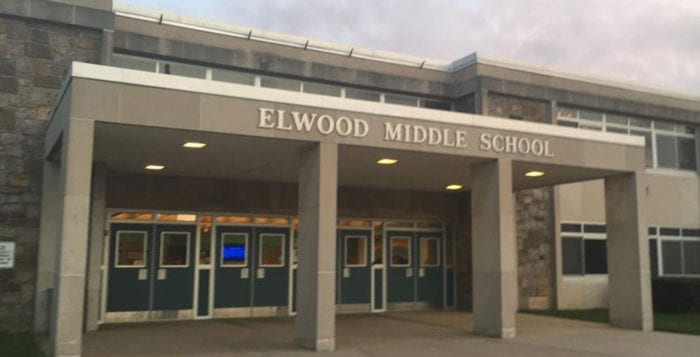
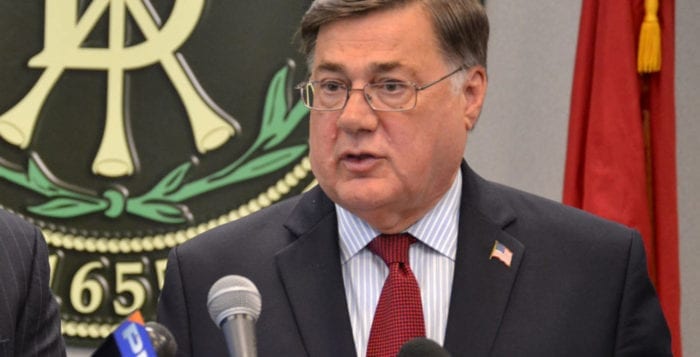

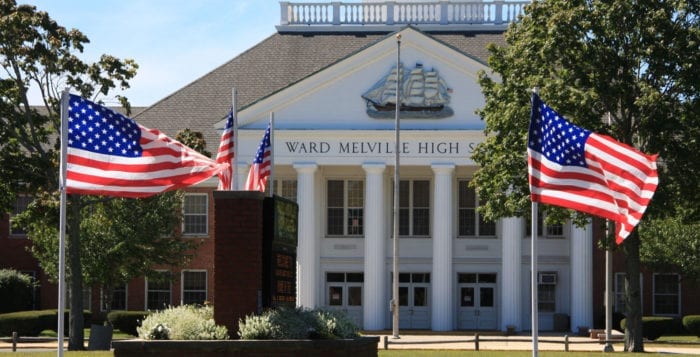




 “I did nine years, the community doesn’t want me, that’s it — I’m done,” Costas said. “I get the message. I’m glad the budget passed and I give the best of luck to the new board.”
“I did nine years, the community doesn’t want me, that’s it — I’m done,” Costas said. “I get the message. I’m glad the budget passed and I give the best of luck to the new board.”
